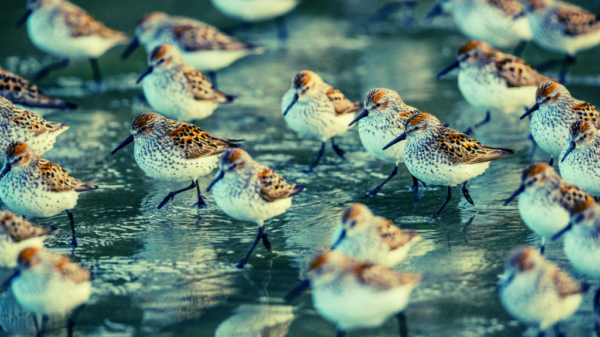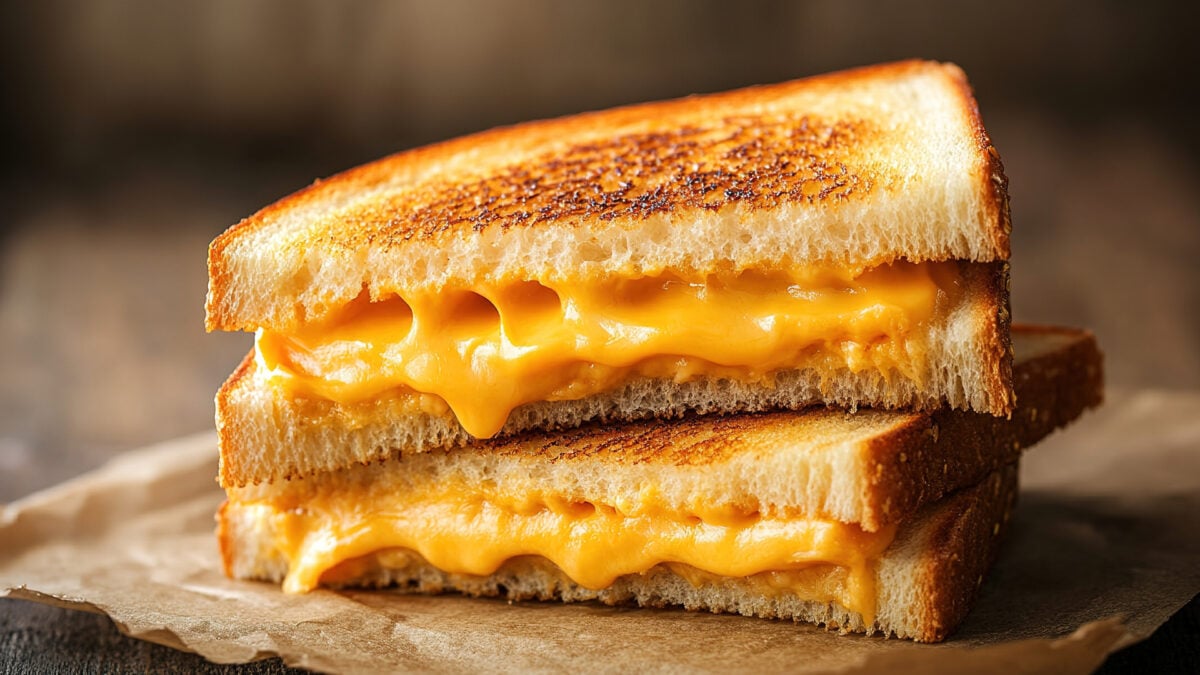Has indulging in a late-night cheese snack ever led you to experience your own version of “Nightmare on Elm Street”? You might not be alone. A new study out of Canada suggests a connection between lactose intolerance and an increased risk of nightmares.
Researchers at MacEwan University in Edmonton conducted the study by surveying college students. They discovered that individuals who frequently experienced nightmares and reported poorer sleep quality were more likely to have food allergies, including lactose intolerance. The researchers hypothesize that the discomfort from gastrointestinal issues can influence our sleep patterns.
“The results we obtained confirmed our hypothesis that lactose intolerance is indeed predictive of disturbed dreaming and nightmares,” said Russ Powell, a psychologist and professor emeritus at MacEwan University.
The Historical Context of Food-Induced Nightmares
The notion that certain foods, particularly dairy products, can disrupt sleep is not new. In the early 1900s, American cartoonist Winsor McCay created a popular comic strip, “Dream of the Rarebit Fiend,” which often depicted characters experiencing nightmares after consuming disagreeable foods. A common culprit in these tales was Welsh rarebit, a dish made of cheese on toast.
Despite its cultural presence, the scientific exploration of this phenomenon has been limited. A decade ago, Powell and his team conducted a survey that found approximately 20% of participants linked bizarre dreams to food consumption, with many pointing to dairy products. Their latest study aimed to replicate these findings and delve deeper into the mechanisms behind these cheese-induced nightmares.
Study Findings and Implications
The researchers surveyed over 1,000 college students, more than double the sample size of their 2015 study, about their dietary and sleep habits. Approximately 40% of respondents believed that certain foods or late-night eating impacted their sleep, with 25% noting a negative effect on sleep quality. Although only 5.5% specifically blamed foods for dream content, dairy, spicy foods, and sweets were frequently cited by those who did.
“Lactose intolerance was associated with more severe nightmares and poorer sleep, as were other food allergies,” the study noted.
Unsurprisingly, those with lactose intolerance reported gastrointestinal symptoms, and individuals with generally less healthy diets experienced more nightmares and had difficulty recalling their dreams. These findings were published in the journal Frontiers in Psychology, with both the current and previous studies referencing “Dream of the Rarebit Fiend” in their titles.
Expert Insights and Future Research
For individuals with lactose intolerance, consuming dairy can result in significant gastrointestinal distress. The researchers suggest that these symptoms could awaken individuals or subtly disrupt their dreams, potentially extending to other forms of physical discomfort.
“It may be that GI distress, compared to other types of physical distress, has a particularly strong impact on sleeping and dreaming. Menstrual cramping, for example, has also been shown to increase the likelihood of disturbed dreaming,” Powell explained.
Powell further speculates that since gastrointestinal symptoms can mimic those caused by ingesting poison, nightmares might serve as a biological alert system in case of a medical emergency. The research team hopes to confirm their findings through experimental trials comparing the sleep and dream patterns of lactose-intolerant individuals after consuming or avoiding dairy.
Broader Implications and Personal Reflections
With around one-third of Americans struggling with lactose digestion, though not all experience symptoms, these findings might provide additional motivation to avoid late-night dairy indulgences. As someone personally affected, I find myself more inclined to choose a scoop of sorbet over ice cream in the evening.
As this research unfolds, it could lead to a deeper understanding of how food sensitivities contribute to sleep disorders, potentially offering new strategies for improving sleep quality and reducing nightmares.





































































